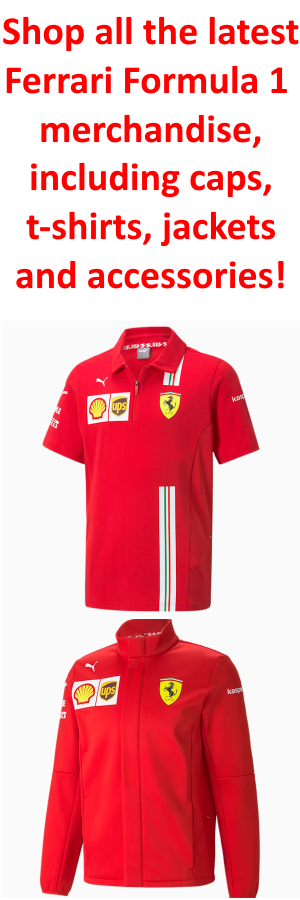Ferrari is absolutely realizing its potential, each in racing and within the supercar market. The launch of the F80 has been a rare success: the automotive, which integrates F1 and Hypercar know-how, has already been reserved by 799 fortunate purchasers, regardless of a waitlist of simply as many hoping to position a deposit.
In F1, the Scuderia achieved its fifth win of the season in Mexico Metropolis, following one other victory in Austin, and is critically in competition for the Constructors’ Championship, trailing McLaren by solely 29 factors. Ferrari’s engineers have labored arduous, reworking the SF-24 right into a automotive that may compete for the lead on any observe, overcoming summer season struggles in opposition to high rivals.
Crimson Bull and Mercedes, who outperformed Ferrari final yr, now path behind within the standings, whereas Ferrari’s restoration of 46 factors on McLaren previously two races means that the elusive title, absent since 2008, is inside attain.
The 2025 mission, coded as 677 and meant for Lewis Hamilton, is taking form across the Italian engineering core, with new technical director Loic Serra striving to harmonize with the staff that Fred Vasseur has organized, with out disrupting an already superior mission. The brand new automotive will likely be utterly contemporary, with a pull-rod entrance suspension, new chassis, and gearbox case. Ferrari’s purpose is to compete for each 2025 titles with out ready for the subsequent regulatory problem, conscious that the summer season’s efforts have narrowed the hole with opponents.
Loic Serra’s process goes past creating the SF-25. He should information the Scuderia into the brand new F1 period of agile, smaller, and lighter vehicles. The primary problem will lie not in aerodynamics however within the energy unit, which can derive 50% of its energy from the inner combustion engine and 50% from the hybrid system. There aren’t any particulars but on Maranello’s new V6 engine designed by Wolf Zimmermann, however inner sources trace at “revolutionary” combustion options.
One other modern side of the rules is the shift to 100% biofuels, an space by which Aramco and Petronas have developed important experience because of massive investments. Gas improvement, unrestricted by the funds cap, gives not solely an F1 efficiency benefit but additionally potential to protect the inner combustion engine as a viable possibility in a mobility sector not solely reliant on electrical energy.
This formidable aim is one Ferrari and Shell, its strategic companion, have determined to sort out collectively. Just lately, a short announcement appeared on Ferrari’s web site: “Ferrari is happy to announce the multi-year renewal of its partnership with Shell. The settlement, efficient January 1, 2026, covers Scuderia Ferrari HP, Ferrari Hypercar, and the Ferrari Problem sequence.”
The present contract was set to run out on the finish of 2025, however renewing it early not solely maintains continuity in a partnership relationship again to 1950 but additionally helps define Ferrari’s new targets with the Dutch multinational.
Shell reportedly wished to develop biofuel for F1’s 2026 season. Nonetheless, rules are pushing gasoline suppliers towards artificial e-fuel, marking a paradigm shift that requires the 2 strategic companions to revise their plans.
Shell, which has over 500,000 staff and manages 46,000 retail websites in additional than 80 nations, calls itself “the world’s #1 mobility retailer, serving 33 million prospects day by day. To satisfy its prospects’ wants, Shell continually evolves, providing fuels, lubricants, automotive care, and retail services to optimize their journeys.”
The settlement with Ferrari raises the stakes: Shell will spend money on e-fuel to reach at 2026 with a high-performance gasoline that meets sustainability targets. Analysis into anti-knock chemical components will likely be a key focus, as FIA rules present a big alternative for such analysis. The “proper” gasoline might contribute 3 to five% to engine efficiency. In different phrases, the “gasoline battle” has already begun, although, for now, quietly.




